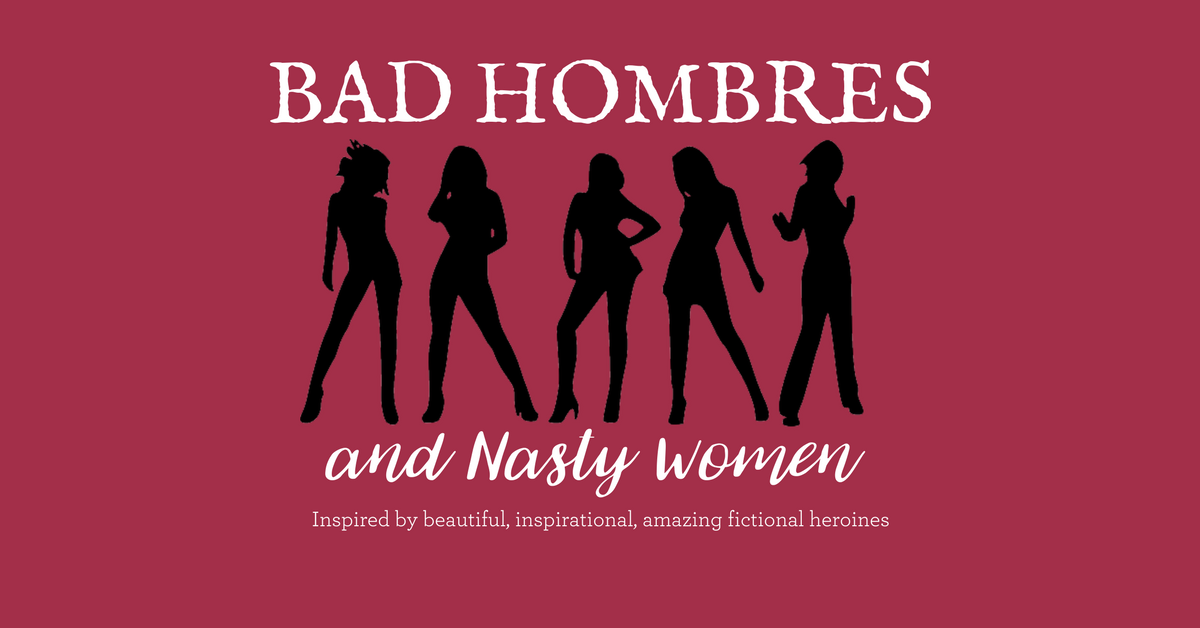I'm taking my annual pilgrimage to the shrine of Karen Marie Moning's Fever world. This may be the last such pilgrimage, as Feversong promises to be the final book in a brilliant series filled with so much wisdom and so many life lessons that I'm not sure how I will live without it. I will hold out hope that Ms. Moning has left a loophole through which she will create new stories in the Fever world, perhaps with new characters. I'm not sure because although the book came out two weeks ago, I'm doing my usual anticipation and savor dance with the latest offering, reading its predecessors and reminding myself of the events and developments that led up to the first page of the new book. This time, I started only two books back with Burned, followed by Feverborn, before I plan to dive into Feversong, which I would prefer to read on vacation, when I can devote hours and hours to swimming in the deep pool of KMM's extraordinary imagination. Today I'm contemplating a major theme in the Fever books—survival. At any cost. Which leads me to wonder whether I agree with Ms. Moning on this point: is survival at any cost worth it? It's always seemed to me that unless we are thriving, life hardly seems worth living. And when I'm not thriving, it always seems tempting to give up.
According to Jericho Barrons (in Burned), there are two types of people, those who survive no matter the cost, and those who are walking victims. I'm on the fence about Barrons’ theory. I don't fancy myself a walking victim, but neither do I think that survival is worth any cost. In the story, for example, Mac kills an innocent human bystander while defeating one of her Fae enemies. She is distraught over her crime against humanity, while Barrons feels no remorse on her behalf. Mac lived through the incident. She survived. So, by definition, whatever she did was worth the cost in his mind. Mac is more ambivalent and I share her equivocation.
It's hard to put myself in the same situation, of course, but it's certainly a Faustian bargain. My life for someone else's—someone who wasn't necessarily hurting me, but who accidentally got in the way of someone who was. I know what the ethicists would say: it's never okay to trade one life for another. Catholic theology teaches that it is immoral to trade one life even for thousands or millions. Not sure I agree with that. I'd like to think that I would give up my life to save a city, or a world, as Mac decides she will before the decision is beyond her grasp.
What if the cost of survival means becoming fragmented? Either literally, as Dani does in the story, losing herself to her “alter,” or figuratively, as we sometimes do when we live through something bad and come out in pieces. According to Dani, the key to life is to stop living in the past; "Dude, you survived it. Move on." Not sure I agree with that viewpoint either. I think it's how we move on that determines the success of our future endeavors.
So, where does that leave me? I think I'm in the camp that believes that survival isn't everything and that there are some things worse than death. But let's think this through. We have the adage that where there is life, there is hope. Plus the idea that self-destruction is wrong according to most religious beliefs as it assumes a power best left to one that sees a bigger picture than we do. If we subscribe to those truths, then there is no cost too high for survival. But does that account for having to do "evil" things to ensure that we wake up breathing tomorrow? I guess the answer is situational. If it's a question of my life or one who threatens me or mine, I'll take my life over theirs.
But what about when we're not clawing and scraping our way to a pacemaker-perfect heartbeat? What about when survival is more about finding the wherewithal to get up day after day when we are in pain—physical or emotional? In the Fever world, there are at least two characters that are helped out of their misery. Their lives of torture were deemed hopeless enough that Barrons was willing to commit the ultimate sin and help them to die. Apparently, even for Barrons, there is a price for survival that is too high.
I'm not sure this rambling walk through the Fever world has illuminated my final thoughts on this issue. I hope that the book I look forward to starting soon will provide some closure. On many levels.



















